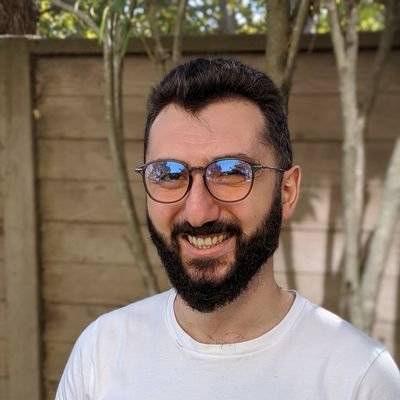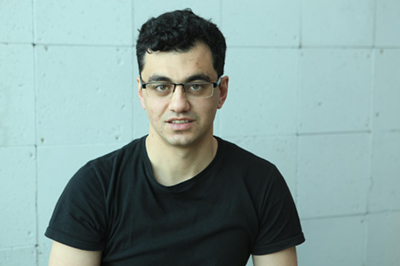BOSTON/YEREVAN — Many of us have heard of or used high-tech companies based in Armenia. It seems clear that those companies are doing well. However, research and pure science in Armenia are facing a dire future, one which may not even exist for them down the road if government funding does not increase for them.
Three young scientists and entrepreneurs involved with a new effort called Gituzh (Power of Science), raised the alarm in recent interviews, saying that close to half the scientists in the country are heading toward retirement age. In addition, between advanced age and emigration, the country is facing the very real threat of having very few researchers in the coming years, no higher scientific institutions and all of these could translate into the demise of the country itself.
Gituzh is lobbying for an increase in government support for science and research. To a certain extent, their very insistent demands for more attention and funds for the sciences in Armenia, has already worked as the government last month announced an increase in funding.
Hripsime Mkrtchyan, who is in the Boston area as for a year-long post-doctoral Fulbright Fellowship at MIT, the Aram Jivanyan, and Tigran Shahverdyan, did not mince words to describe the plight of Armenia in the very near future if Armenia does not put more stock in science and research. And they noted that the diaspora can have a positive impact on this change of course.
“Because of the absence of strong scientific infrastructure we have faced lots of problems during past months,” said Mkrtchyan, referring to the devastating war, for which Armenia was woefully underprepared technologically.
Added Shahverdyan, “We have a huge number of scientists in the Spyurk that can advise, remotely lead or co-lead a scientific team in Armenia or repatriate to Armenia and do what they are best at – science. Facilitating these processes should be one of the main components of the strategic solution we are talking about. Fixing the commitment in the law will send a strong signal to the scientists and other professionals in the Spyurk that Armenia is taking a progressive and ambitious route, and talent in Diaspora will start planning and exploring how they can be much more involved in this future.”












